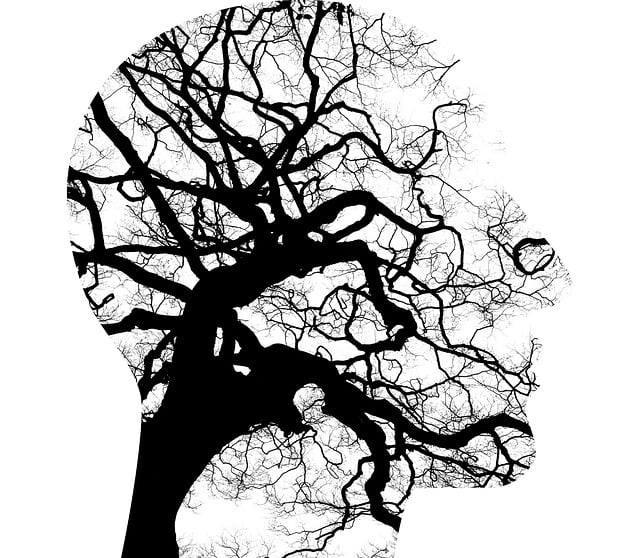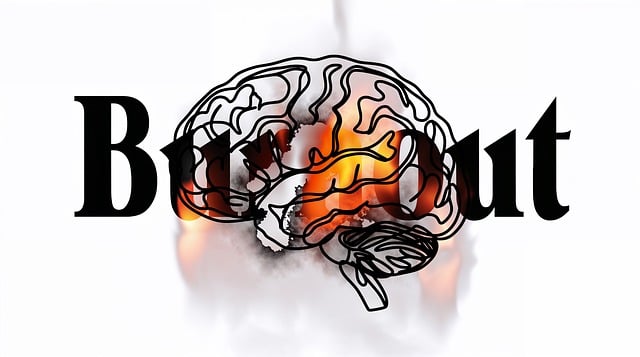Elder abuse, a global crisis affecting millions, causes severe mental health issues in survivors. Effective interventions focus on trauma healing, building resilience, and promoting coping mechanisms through therapy. The Risk, Frequency, and Motivation (RFM) analysis is a vital tool for identifying and supporting vulnerable survivors. Resilience-building exercises tailored to elders' unique needs include mindfulness, art therapy, and stress management techniques, while caregiver well-being strategies ensure program longevity. RFM techniques empower caregivers in crisis intervention and improve support staff capabilities through education and best practice sharing. Measuring success requires both quantitative and qualitative assessments, focusing on emotional regulation, self-esteem, and trauma coping mechanisms. A culturally sensitive approach is crucial for effective therapy tailored to survivors' needs, ultimately fostering resilience and improved well-being.
In the realm of elder care, addressing abuse among survivors is a pressing concern. The article explores RFM (Risk, Functioning, and Maladaptation) as a powerful tool to identify and support vulnerable elders. We delve into its role in designing tailored resilience-building exercises, offering strategies for caregivers and staff to implement effectively. By measuring the impact on elder wellbeing through RFM programs, we highlight the importance of therapy for abuse survivors, fostering a safer, more supportive environment.
- Understanding Elder Abuse: A Prevalent Issue Among Survivors
- The Role of RFM in Identifying and Supporting Vulnerable Individuals
- Designing Effective Resilience-Building Exercises for Elders
- Implementing RFM Techniques: Strategies for Caregivers and Support Staff
- Measuring Success: Evaluating the Impact of RFM Programs on Elder Wellbeing
Understanding Elder Abuse: A Prevalent Issue Among Survivors

Elder abuse is a pervasive and often hidden issue that affects many survivors worldwide. It encompasses various forms, including physical, emotional, financial, and sexual misconduct directed towards older adults within their families or care settings. This problem has far-reaching consequences, leading to significant mental health challenges for those who experience it. Survivors may suffer from depression, anxiety, post-traumatic stress disorder (PTSD), and low self-esteem, among other conditions.
Understanding elder abuse is crucial in providing the right support and therapy for survivors. Effective interventions focus on trauma healing, building resilience, and promoting coping mechanisms such as stress reduction methods. Mental health professionals play a vital role in conducting risk assessments to identify potential risks and develop strategies. Enhancing emotional intelligence can help both caregivers and survivors navigate this complex issue, fostering healthier relationships and improving overall well-being.
The Role of RFM in Identifying and Supporting Vulnerable Individuals

The Role of RFM in Identifying and Supporting Vulnerable Individuals
In the context of therapy for elders abuse survivors, Risk, Frequency, and Motivation (RFM) analysis serves as a powerful tool to identify and support those who are most vulnerable. This framework assesses an individual’s risk of experiencing further abuse or neglect, the frequency of past occurrences, and their internal motivation to seek help—all critical factors in determining the urgency of intervention and tailored support. By employing RFM, mental health professionals can prioritize resources more effectively, ensuring that those with highest needs are reached first.
This approach is particularly relevant within the scope of Mental Health Policy Analysis and Advocacy, as it helps inform policy decisions aimed at depression prevention and emotional healing processes for survivors of elder abuse. By understanding the unique circumstances and motivators behind each individual’s journey, healthcare providers can develop targeted interventions that address not just the symptoms but also the underlying trauma, fostering a more holistic and lasting recovery.
Designing Effective Resilience-Building Exercises for Elders

Designing resilience-building exercises tailored for elders is a nuanced process, given their unique experiences and needs. Therapists should consider creating safe spaces that encourage open dialogue about past traumas, particularly abuse survivors among the elderly population. Exercises focusing on mindfulness and stress management techniques can be powerful tools to enhance their emotional well-being. For instance, guided meditation sessions or gentle yoga practices can help elders cultivate a sense of calm and resilience.
Incorporating elements of art therapy or music can also stimulate self-expression and boost self-esteem, which are vital components of recovery. Moreover, it’s essential to integrate burnout prevention strategies for healthcare providers who support these programs. By fostering an environment that prioritizes their physical and mental health, caregivers can ensure the longevity and effectiveness of resilience-building initiatives, ultimately empowering elders to navigate life’s challenges with renewed strength.
Implementing RFM Techniques: Strategies for Caregivers and Support Staff

Implementing RFM (Resilience, Strengths, and Mastery) techniques is a powerful approach for caregivers and support staff working with elders who have experienced abuse. These strategies focus on building resilience, recognizing personal strengths, and fostering a sense of mastery, all vital components in trauma recovery. Caregivers can utilize RFM by encouraging clients to identify and share their unique strengths, which may include adaptability, problem-solving skills, or cultural knowledge. This process not only enhances self-esteem but also provides a framework for developing coping mechanisms tailored to individual needs.
Incorporating these techniques into daily interactions offers a practical approach to crisis intervention guidance. Support staff can organize mental health education programs that teach effective stress management strategies and facilitate open discussions about trauma. Additionally, conducting regular Stress Management Workshops enables caregivers to learn new techniques and share best practices, ultimately improving their ability to support elders in building resilience and overcoming challenges associated with past abuse.
Measuring Success: Evaluating the Impact of RFM Programs on Elder Wellbeing

Measuring the success of Resilience and Wellbeing programs (RFM) is paramount to understanding their true impact on elderly survivors of abuse. Beyond quantitative metrics like attendance or program completion rates, qualitative assessments are crucial to capture the nuanced improvements in their lives. These can include enhanced emotional regulation, improved self-esteem, and better coping mechanisms for dealing with trauma.
A culturally sensitive approach to mental healthcare practice is essential when evaluating these programs. Recognizing the unique experiences and needs of diverse elder populations allows for a more holistic understanding of success. By examining improvements in areas like social engagement, quality of life, and overall mental health, researchers can validate the effectiveness of RFM interventions, especially tailored to address therapy for elders abuse survivors, ultimately fostering greater resilience and improved wellbeing.
The implementation of RFM techniques offers a comprehensive approach to addressing elder abuse, providing essential tools for caregivers and support staff. By combining resilience-building exercises with an understanding of vulnerable individuals’ needs, we can significantly enhance the wellbeing of survivors. These strategies not only identify at-risk elders but also empower them with coping mechanisms, fostering independence and a sense of safety. Further research and program evaluations are crucial to refining these methods, ensuring that therapy for elder abuse survivors remains effective and tailored to their unique challenges.














